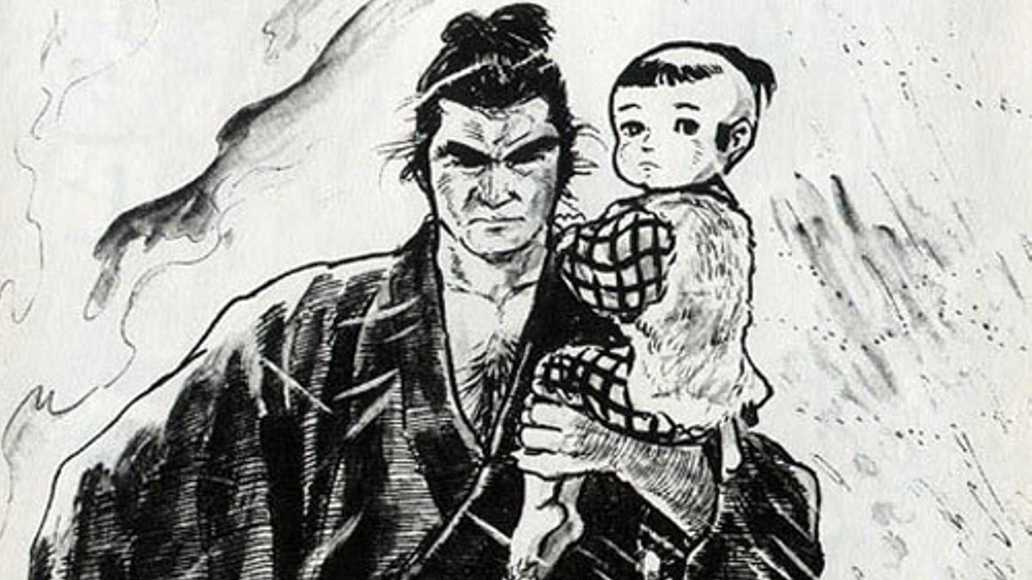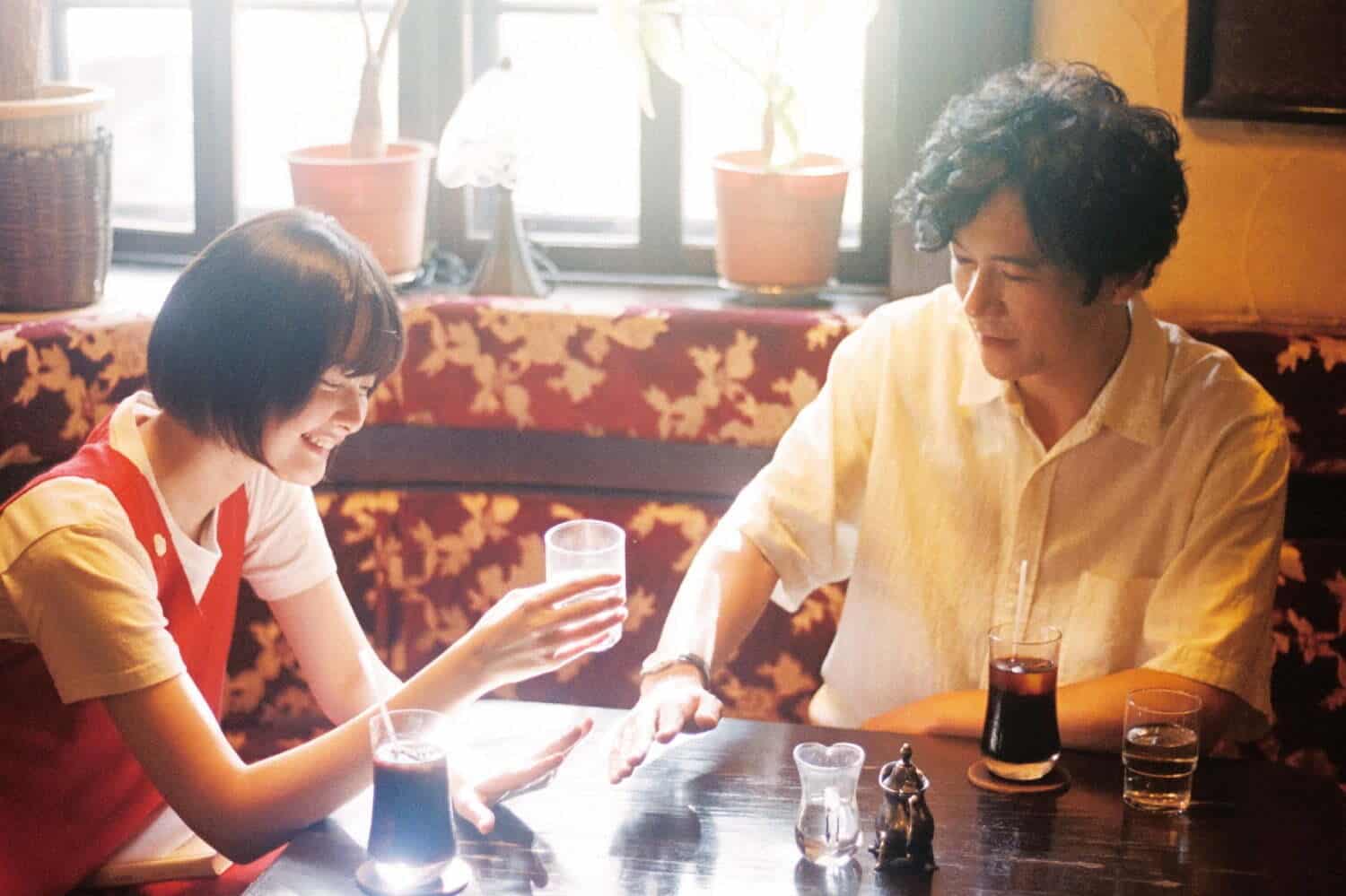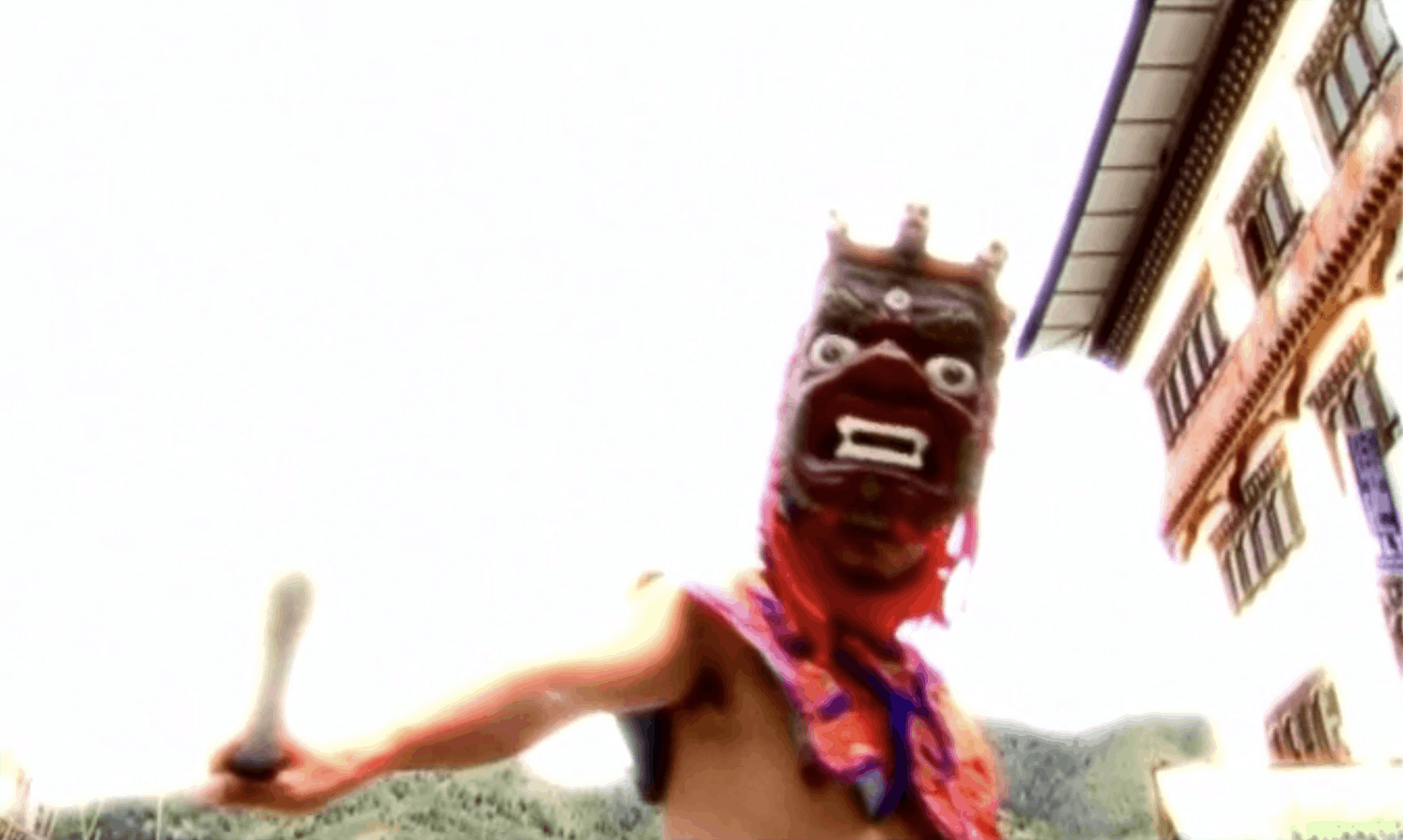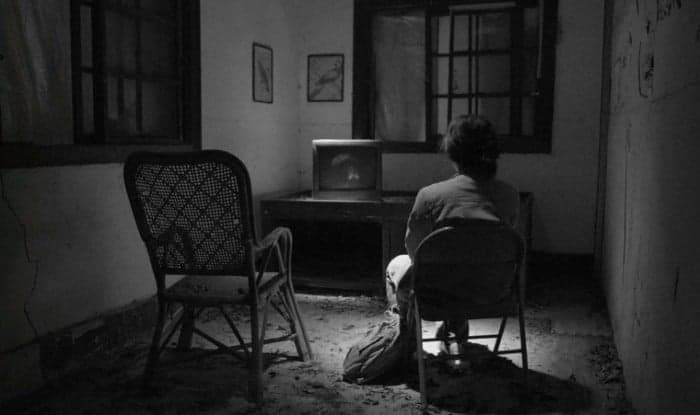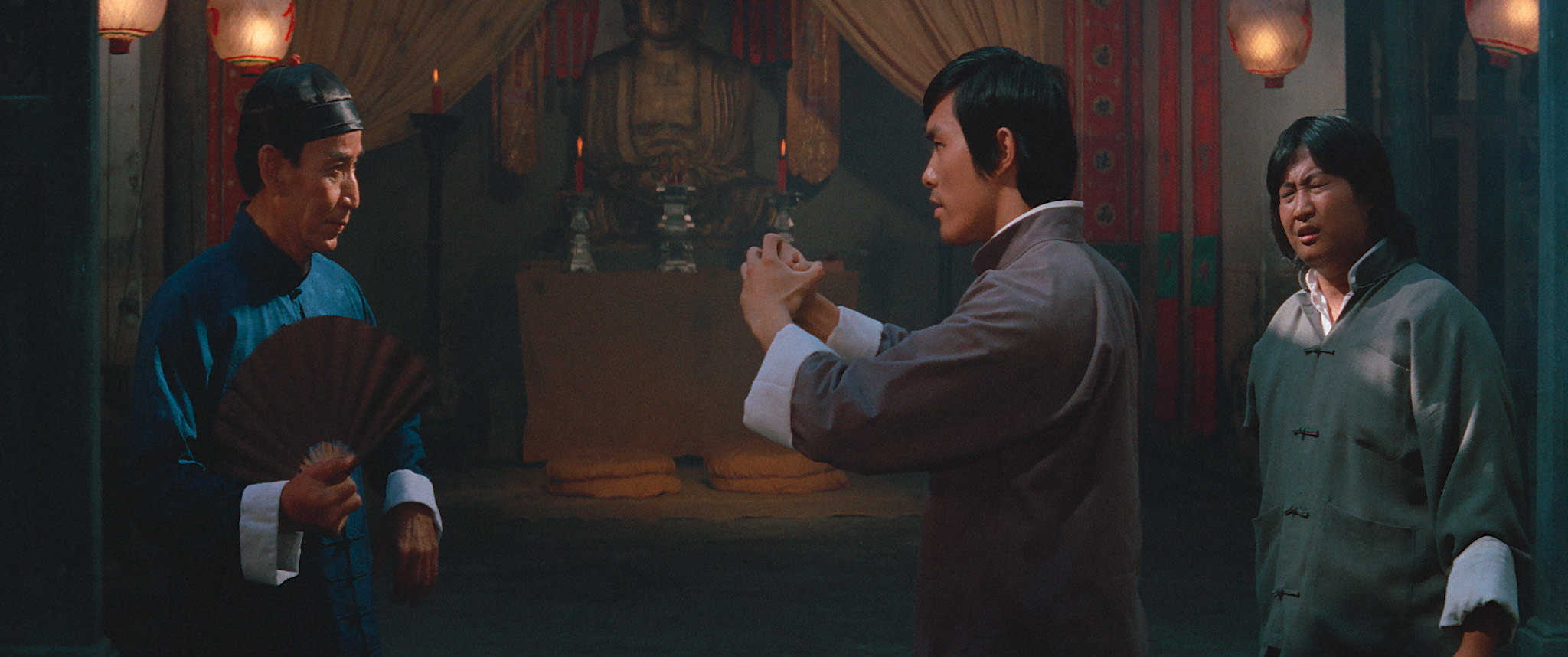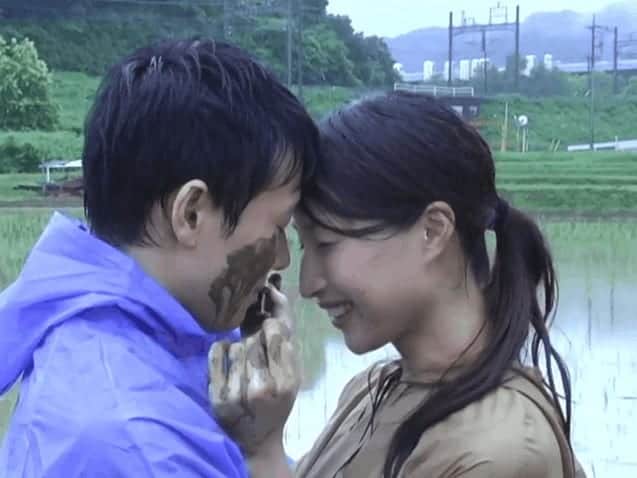Johnnie To directing a remake of the 1975 Shaw Bros classic “Disciples of Shaolin” by Chang Chen can only be a good thing, right? The project has all the tropes to make it a great end-result: a script from To's frequent collaborator Yau Nai-hoi based on a beloved classic, a star-cast boasting of Aaron Kwok, Maggie Cheung, Ti Lung and Jacklyn Wu and a healthy dose of action and themes like loyalty, betrayals, etc. which To thrives on. So how does it compare with something like the director's iconic “The Heroic Trio”, for example, which was released just three months prior to “The Bare-Footed Kid”?
Watch This Title

Like many Johnnie To films, “The Bare-Footed Kid” features a wide range of characters, but for the most part, it follows Guan Fung-yiu, the titular bare-footed kid, a poor and illiterate young man who moves to the provincial capital after the death of his father, who had asked him to seek out Duan Qingyun, a general in the past who now lives and works at the Four Seasons Weavers under a false identity. Overcome by the kindness of Duan, who agrees to mentor the boy, and the Four Seasons's beautiful and benevolent owner Pak Siu-wan, Kwan stays on at Four Seasons to help and happens to fall in love with the adorable Wah Wong-lin, a teacher.
Trouble brews in the form of Han Wo-po, the owner of rival business Dragon Spinners, a despicable personality who even the newly-appointed magistrate Yuen wants to get rid of. When Guan's martial arts skills come to everyone's attention, Han attempts to take advantage of it to plot and scheme to take over the Four Seasons Weavers's lease and business, which depends on a generations-old trade secret known only to lady boss Pak and Duan Qingyun.
Fans of classic martial arts films of the 70s and 80s, particularly those coming out of the Shaw Bros. studio, will be no stranger to the story that's at the crux of “The Bare-Footed Kid”. While Yau Nai-hoi's script can be described as a loose adaptation of the 1975 classic at best, it is essentially a coming-of-age tale infused with romance and melodrama and the lead character loosing his innocence and naivety in the worst ways possible. It rests on the theme of redemption which plays a big part of not just Guan's journey but also that of Duan Qingyun, who is the centre of attention in the latter half. Guan's bare feet and the shoes he subsequently wears act as a subtle metaphor for status and loss of innocence which is effectively done, particularly in an important climactic scene.
The array of actors in the remake are also a big pull to the project for the audience. In one of his early roles, superstar Aaron Kwok's performance is bemusing. Yes, Guan is supposed to be a simple, naive fellow, but Kwok slightly overdoes it, coming across instead as an actor that's inexperienced to hold the dramatic moments together. He does, however, make up for it in the action sequences, where he really surprises. It's a shame both he and To haven't done such films often, together or individually. The responsibility to carry the dramatic weight falls on the shoulders of Shaw Bros. regular Ti Lung and Maggie Cheung, who both excel in the melodramatic sequences, making the love story between Duan and Pak Siu-wan an important part of the narrative. Ti Lung also gets to show off the fighting skills that've made him the martial arts legend he is, in a few choice but thrilling sequences. Jacklyn Wu plays her usual charming self as WaH and gets a couple decent scenes, particularly in the second half after Guan's story takes a turn.
If the story seems simple and familiar, the execution of it is anything but that. One of Hong Kong cinema's foremost cinematographers Horace Hong is in charge of the photography, and does a fine job of capturing the colourful period sets, particularly the vibrant colours at the dyeing workshop. The action choreography, done by the legendary Lau Kar-leung is terrific, including everything from a classic Lei Tai (raised stage) match to weapons, minimalist wirework and some good, old-fashioned hand-to-hand match-ups. William Wu's music is a mix of classic music characteristic to the genre and some cantopop songs, and while the former is an appreciable throwback effort, the latter do feel a bit on-the-nose.
As the end credits roll to a sounds of a pleasant track, one can't help but think that Johnnie To's dabble in the historic martial arts genre is a pleasant surprise and an experiment that worked out for the better. While a completely different beast to the wuxia-heavy “The Heroic Trio”, which also featured Maggie Cheung and Ti Lung, “The Bare-Footed Kid” is still a fun entry in his filmography that's worth a revisit once in a while.



